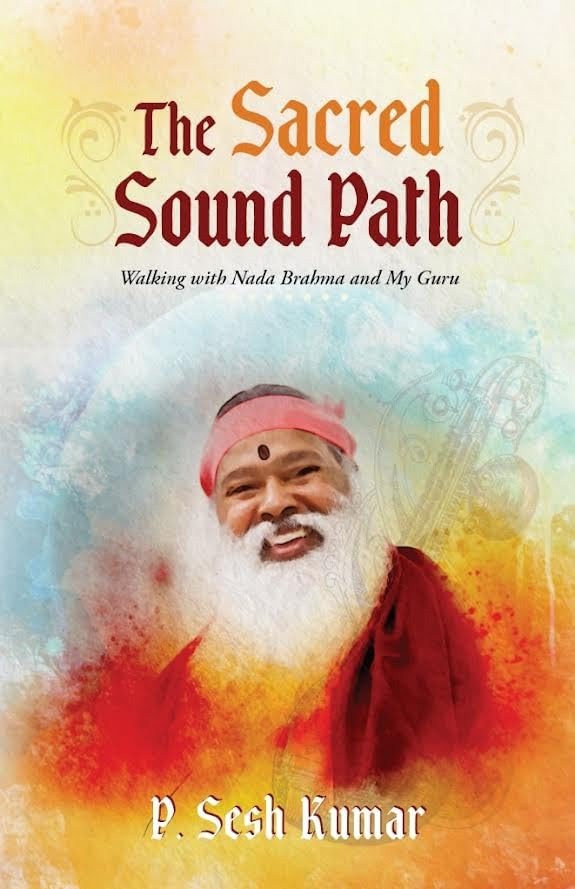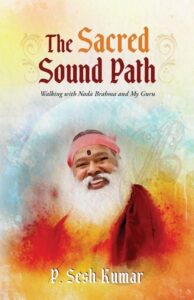Pak apologists want to black out Baluchistan
Ravi Shanker Kapoor | August 18, 2016 12:47 am

Prime Minister Narendra Modi’s remarks on Baluchistan, Gilgit, and Pakistan-occupied-Kashmir (PoK) have as much rattled Pakistan as a large section of opinion makers in our country. For too long, Modi had done what his predecessors had been doing—flip-flop after flip-flop, blow hot-blow cold, talk tough on Pak-sponsored terror one day and buddy up the next. For the first time, he has taken the fight to the enemy. This angers the status quoists who, in the name of promoting peace, ensure that India silently endures the thousand cuts inflicted upon it by Islamabad and jihadists.
To begin with, let’s see what exactly Modi said on Independence Day: “Today, I want to specially honor and thank some people from the ramparts of Red Fort. For the past few days the people of Baluchistan, the people of Gilgit, the people of Pakistan-occupied-Kashmir, the way their citizens have heartily thanked me, the way they have acknowledged me, the goodwill they have shown towards me, the people settled far across, the land which I have not seen, the people I have not met ever…”
Just before this statement, he had expressed his support for the atrocities on the people in these three regions. His sympathy for the repressed millions, and his boldness to express it, has unfortunately earned Modi the epithet of ‘anari’ (simpleton). Congress leader and former foreign minister Salman Khurshid has said, “Yeh ek anari ki foreign policy hai (This is the foreign policy of a simpleton).” Well, great experts like Khurshid have failed miserably, so why not give the simpleton a chance? Remember what Sergius said in Arms and the Man, “I won the battle the wrong way when our worthy Russian generals were losing it the right way.”
It is interesting to note that Khurshid made this remark even after his party had repudiated his views on the subject. Randeep Surjewala said on Wednesday, “The Congress does not subscribe to the statement made by Salman Khurshid who is a senior leader. He can have his own opinion. Our view is very, very clear. Congress party believes there are serious human rights violations in Baluchistan and the voice of democratic dissent is being suppressed by Pakistani forces and agencies. Similar human rights violations are being committed by the armed forces of Pakistan in PoK which is an integral part of India… All such issues need to be raised and need to be sorted out.”
The grand old party should be lauded for taking a reasonable stand over the issue and for not getting swayed by the pathologies of the leaders like Khurshid and Jairam Ramesh. But the intellectual class, still infested with Nehruvian ideas, is upset; it has come up with the usual tricks—calls for a ‘nuanced’ approach, a ‘calibrated’ response, emphasis on the avoidance of ‘jingoism,’ etc.
It was in that vein that CPI(M) general secretary Sitaram Yechury said on August 16, “We are giving an opportunity to Pakistan by raising the Baluchistan issue. Now Pakistan may say that since India is taking about Baluchistan, which is an integral part of that country, they have the right to talk about Kashmir. With this kind of foreign policy, we are giving an opportunity to others to internationalize the Kashmir issue.”
Yechury is wrong on two counts. First, Pakistan tried to internationalize Kashmir countless times before India raised the Baluchistan issue, and will continue to do that in the future; so, Modi’s raising it would not hurt our prospects in any way. Second, Baluchistan is not an integral part of Pakistan. Kashmir is part of India because its king signed the Instrument of Accession to India; Baluchistan became an independent country after the British left in 1947 and was annexed by Pakistan nine months later. Further, the annexation has never been accepted by the people of Baluchistan, in response to which Islamabad has used its armed forces with impunity.
Ahmar Mustikhan, a senior Baluchistan journalist based in Washington DC area, recently wrote in an article in www.dailyo.in, “Human rights organizations have deplored the unspeakable torture and killings of the Baloch by the Pakistani security and intelligence services. ‘This is not counterinsurgency—it is barbarism and it needs to end now,’ according to Brad Adams of the Human Rights Watch. Pakistan had used similar brutalities in what is today Bangladesh when it massacred three million people and raped 450,000 women there, according to Dhaka journalist Saleem Samad. More than half of the victims were Bengali Hindus.”
The reasons for such barbarism are not difficult to find. According to Mustikhan, “Pakistan was carved out of India as a separate state for Muslims, by the British, and the state calls itself a fortress of Islam. Islamabad’s blue-eyed boys like the much-hated defence strategist Zaid Hamid describes the Baloch freedom activists as apostates in the service of the intelligence services of India, Israel and the US Muslim scholars make no secret that apostates were treated rather harshly by Prophet Mohammed—eyes gouged out, limbs chopped off and left to die, unsung and unwept, much in the same treatment being meted out to Baloch victims of enforced disappearances.”
This is the reality of Baluchistan. Any comparison that Yechury and others make with Kashmir is an odious exercise in moral equivalence. Kashmir’s accession was legal; Baluchistan’s annexation was illegal. Yes, there have been some excesses in Kashmir by security forces, but only a bellicose Pakistani general and a depraved Indian intellectual can compare them with the atrocities that Pakistani soldiers have perpetrated in Baluchistan. We should not forget that the Pakistan military has a war crimes and genocide; history is repeating itself in Balochistan.
Therefore, Prime Minister Modi’s remarks should be seen not just from the perspective of bilateral diplomacy; it should be regarded as a clarion call against crimes against mankind. One hopes that he does not get cowed down by the howls of protests from the apologists for Pakistan and jihad.































